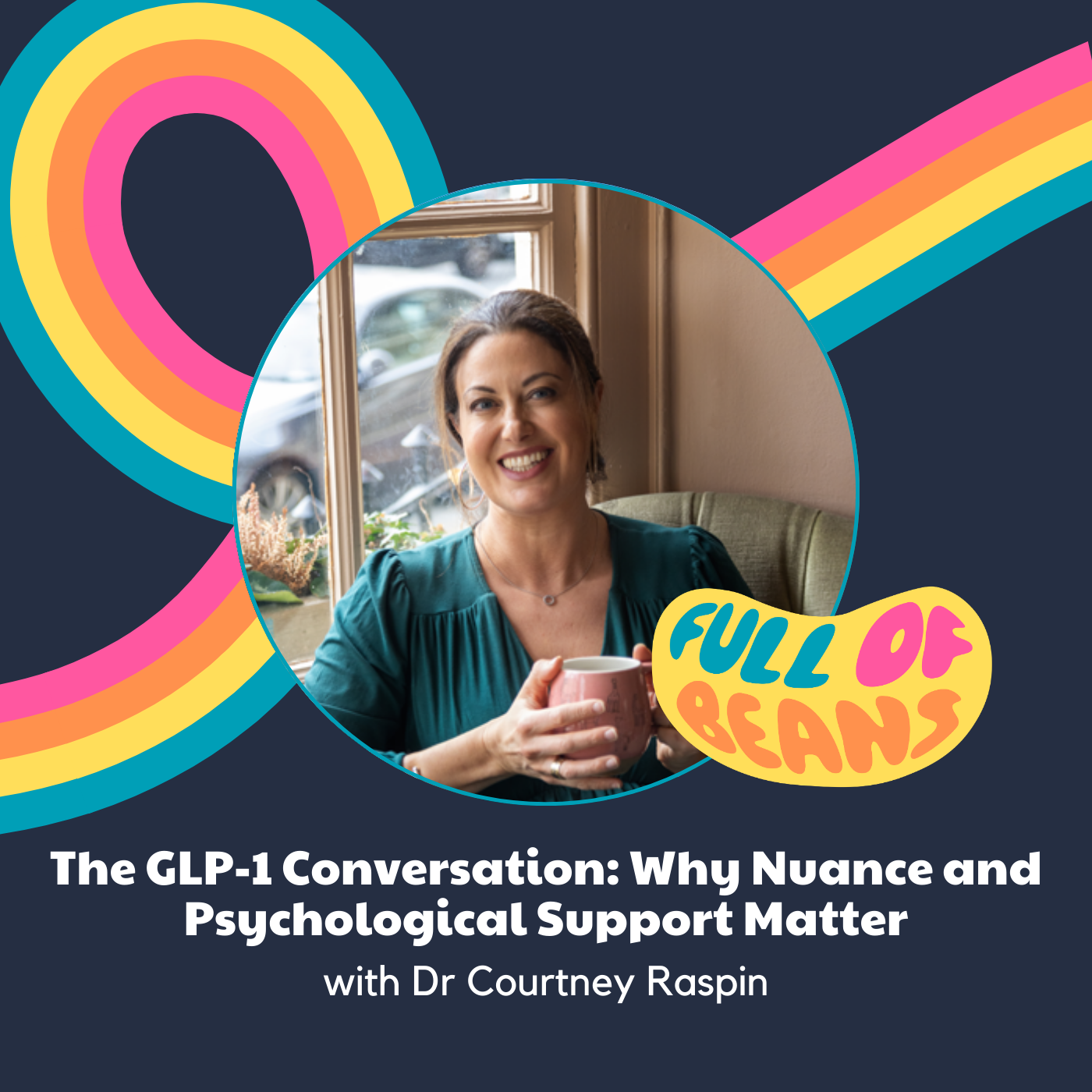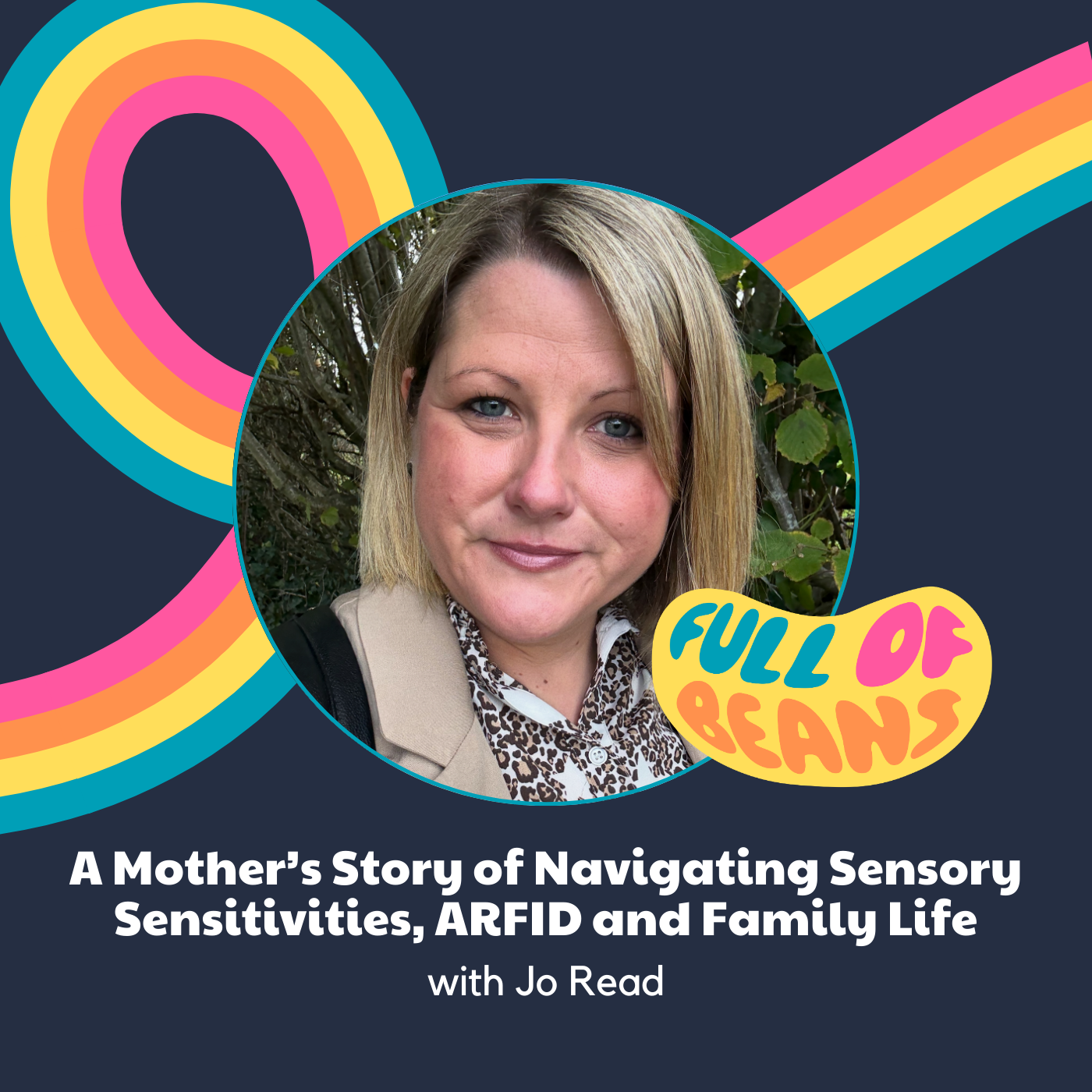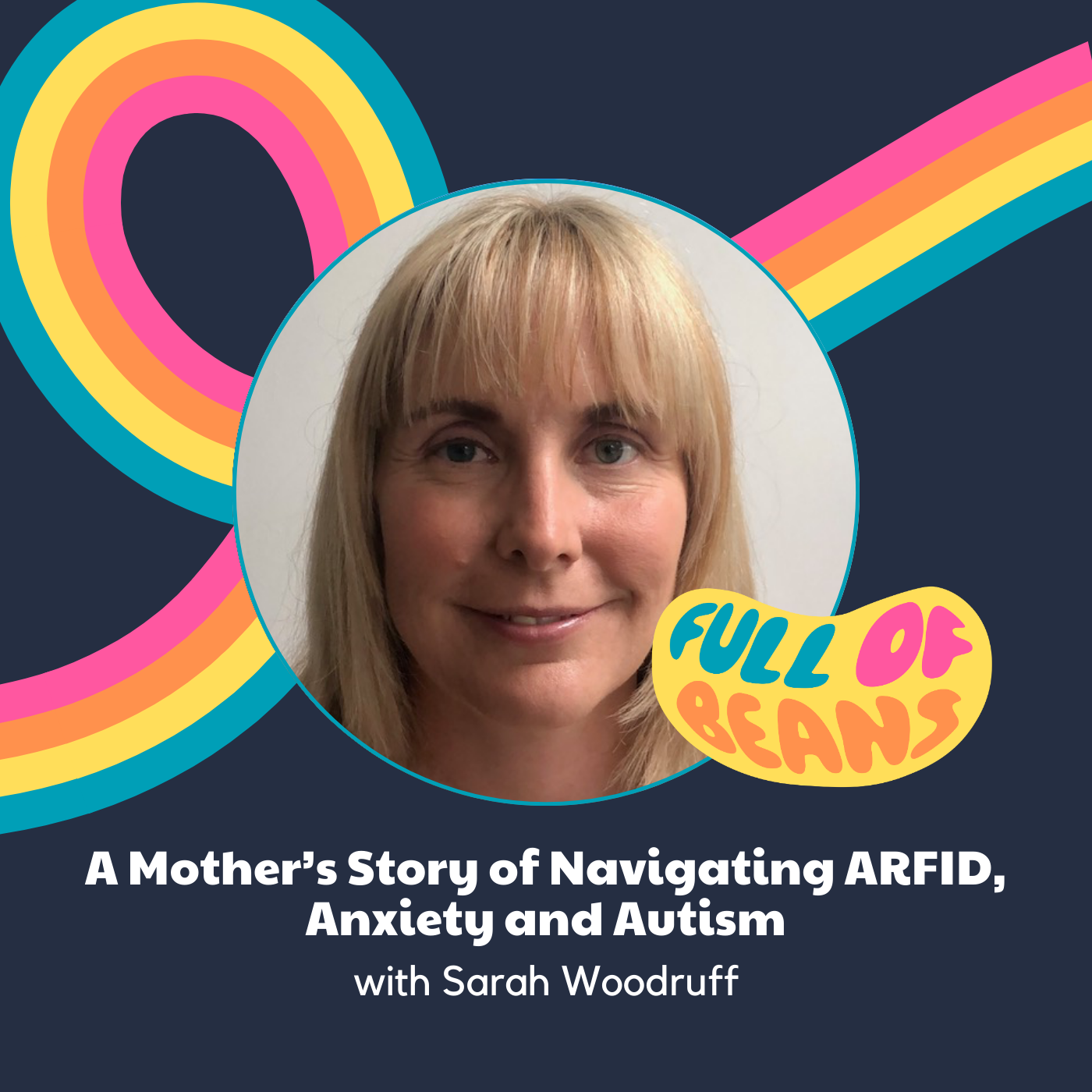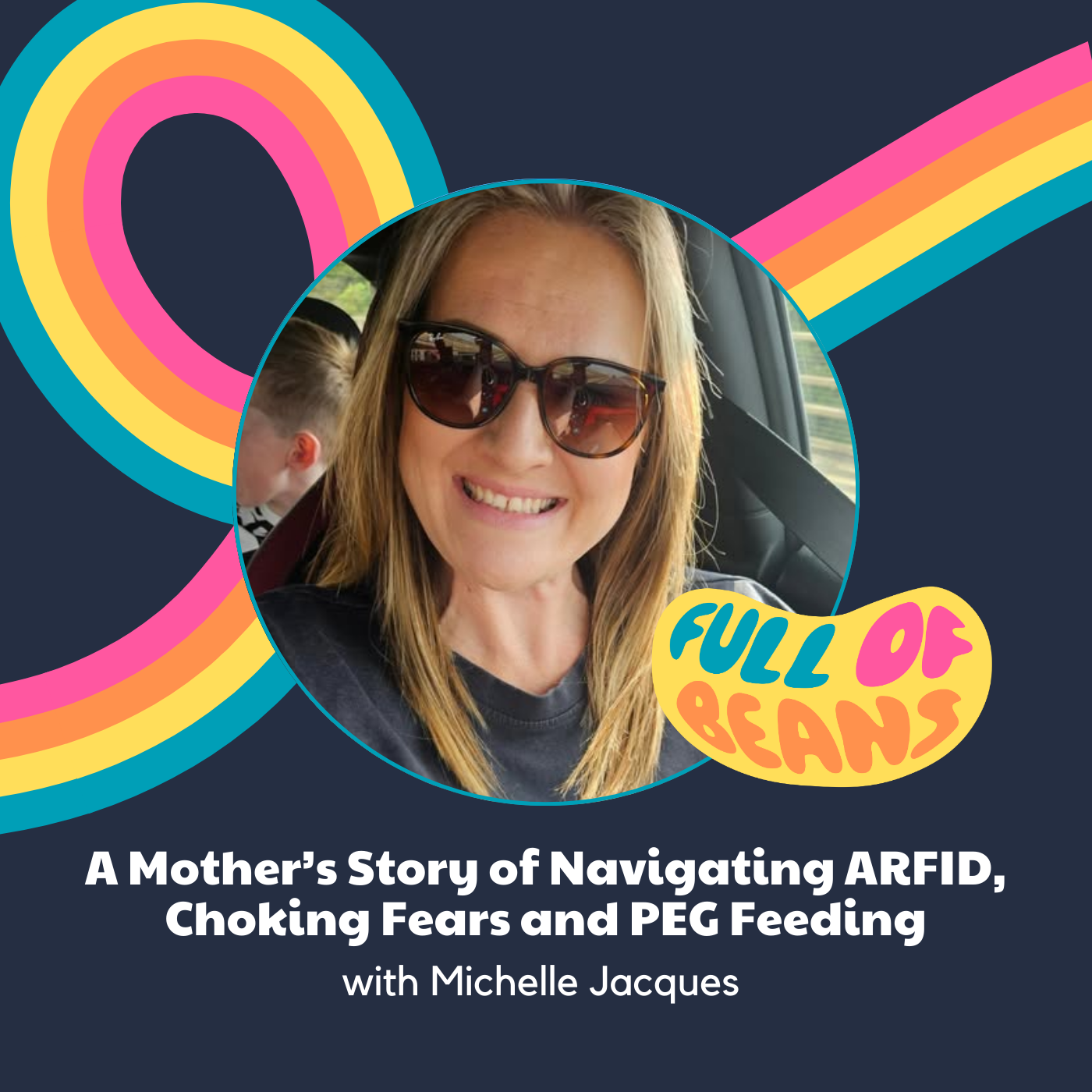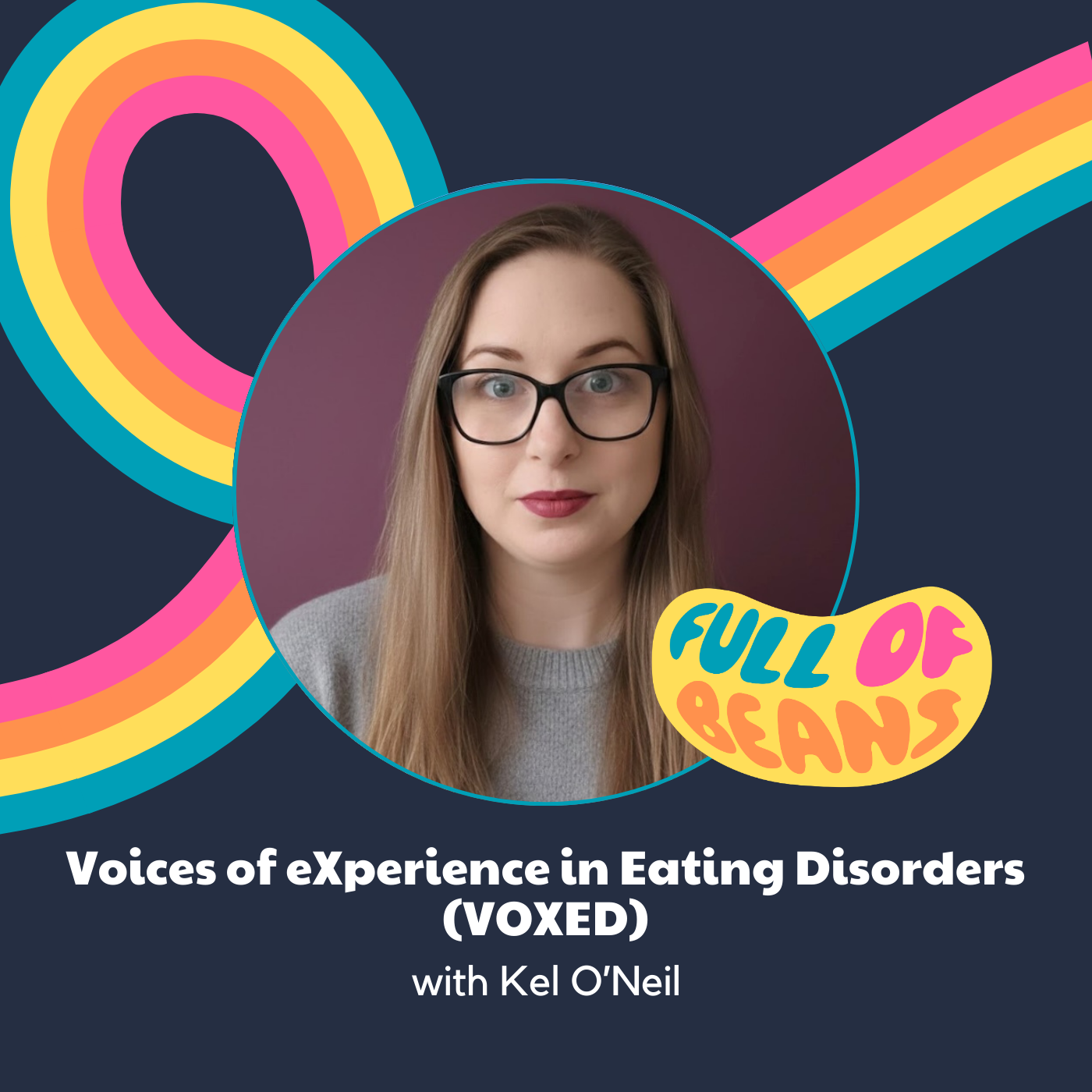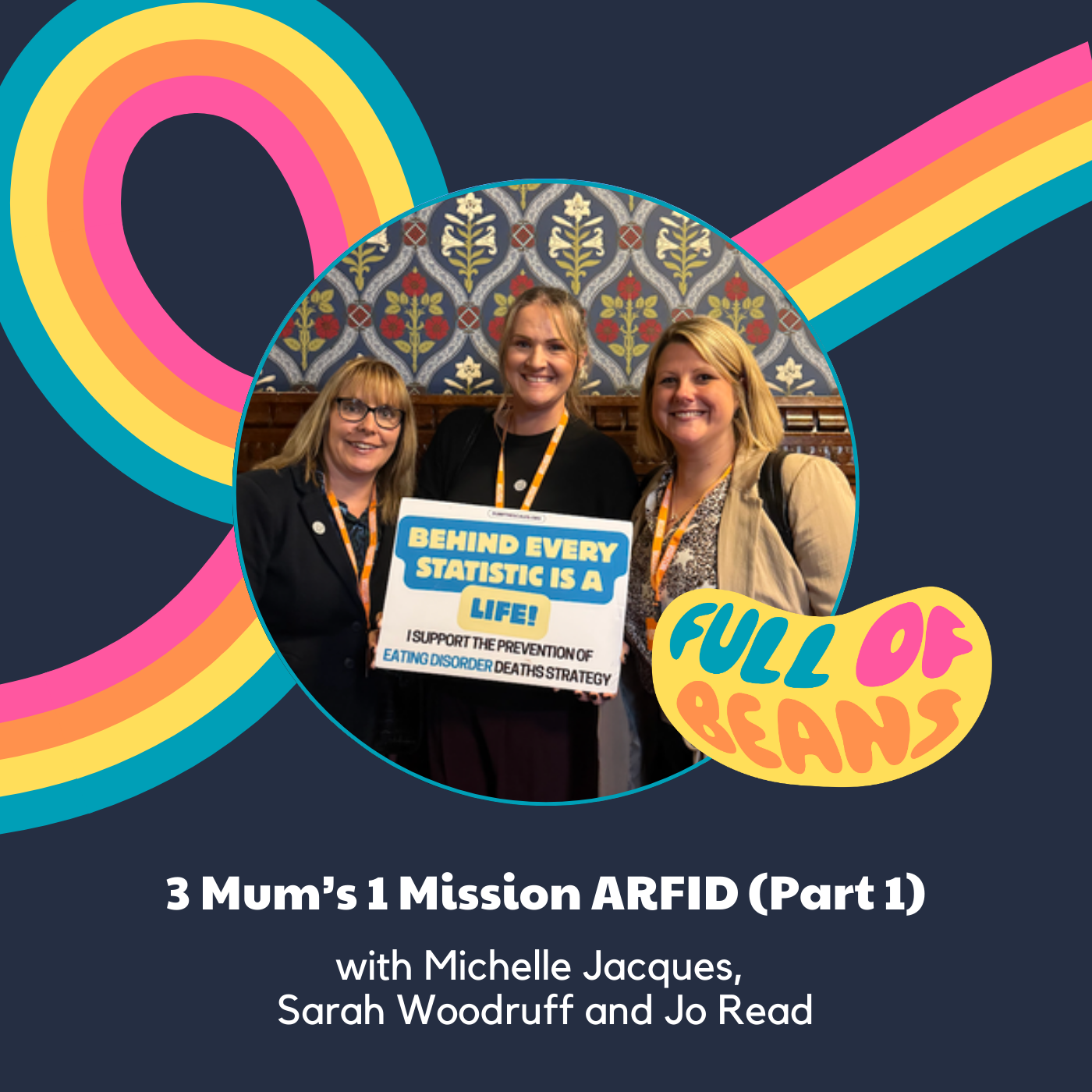Unveiling the Hidden Long-Term Impacts of Eating Disorders in Midlife
“There’s a grief to it. Not just the years I lost, but the memories I never made.”
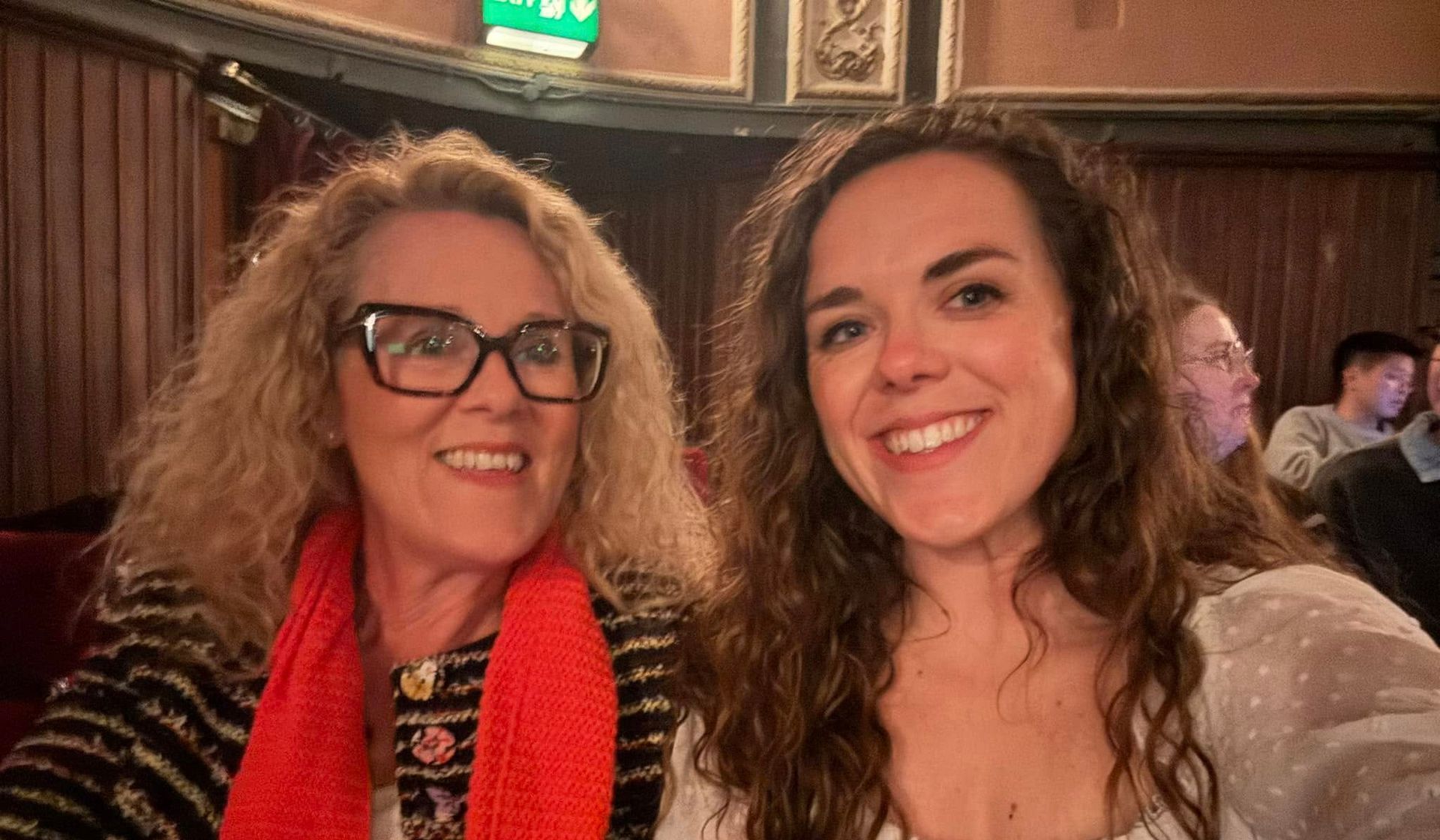
When you think about eating disorders, what image comes to mind? Often, it’s a teenage girl, maybe withdrawn, maybe perfectionistic, battling food and body image issues. But eating disorders don’t magically end at 18. And for many women, especially in midlife, they don’t begin until much later.
In this episode, we speak to Jessica, who candidly shares her experience of living with an eating disorder from adolescence into adulthood. Jessica explains “It’s like life was on pause, everyone was moving forward and I stayed stuck.” Her story is not rare, it’s just rarely told.
Eating Disorder Stats in Midlife
Contrary to popular belief, midlife eating disorders are not uncommon:
- 13% of women over age 50 experience symptoms of an eating disorder.
- Binge eating is the most common ED in midlife women.
- Many cases go undiagnosed due to stigma, misperception, or assumptions about who "gets" EDs.
Menopause, life transitions, grief, and body changes can all contribute to the (re)emergence of EDs. And yet, society often renders these women invisible. I saw a quote I loved that explained "What puberty is for eating disorders in adolescence and young age is menopausal transition for midlife women" and I think we have to remember how vulnerable individuals are when big life events occur, which is a perfect opportunity for an eating disorder to occur.
The Physical Toll of Long-Term Eating Disorders
Eating disorders don’t just take a toll mentally, the long-term physical consequences are serious and often irreversible:
- Osteoporosis and increased fracture risk due to low bone density
- Heart complications, including arrhythmias and heart failure
- Gastrointestinal problems, like delayed stomach emptying and chronic bloating
- Electrolyte imbalances that can be life-threatening
- Hormonal disturbances, including infertility and early menopause
- Muscle wasting and overall body weakness
- Dental erosion and gum disease (especially in bulimia)
- Cognitive issues, including memory problems and reduced concentration
The Emotional & Social Cost of Long-Term Eating Disorders
Jessica reflects on the moments, connections, and experiences that her eating disorder quietly took from her:
“I was constantly thinking about food and my body, even in moments that were supposed to be joyful.”
“I didn’t go on the trips. I didn’t say yes to the spontaneous nights out.”
“I spent so much time trying to disappear that I missed being present.”
“There’s a grief to it. Not just the years I lost, but the memories I never made.”
Her words are a sobering reminder that the damage of eating disorders goes far beyond calories and scales, it seeps into relationships, career, joy, and the everyday choices that make up a life.
Treatment in Teens vs Adults: What Needs to Change
Eating disorder treatment was largely built with adolescents in mind. But as Jessica points out, being an adult with an ED is a different experience entirely:
- Teen treatment often involves parents or guardians, adults may not have that support system
- Older women may feel shame or believe they’re "too old" to seek help
- Life responsibilities (caregiving, work, relationships) can complicate treatment access
- Medical professionals may overlook symptoms or dismiss concerns in midlife women
“It felt like I was too old to be taken seriously, and too young to give up.”
We need treatment models that account for the unique challenges of adulthood — from scheduling flexibility to addressing menopause and grief.
Understanding What Recovery Means To You
Recovery isn’t one-size-fits-all. For Jessica, it wasn’t about perfect eating or loving her body every day.
“For me, recovery means showing up for my life — even when it’s messy.”
Maybe it’s being able to eat dinner with your kids. Maybe it’s not cancelling plans because of body image. Maybe it’s being free to say yes.
So we ask: What does recovery look like in your life?
Let’s start redefining it, on your terms.
🎧 Listen to Jessica’s full episode to
hear her story in her own words.
Sending positive beans your way,
Han 💛
Where to Learn More & Get Support
If you’ve been diagnosed with PCOS or are struggling with food and body image, you are not alone. Support is available:
Eating Disorder Support: BEAT | First Steps
Listen to the Full Podcast Episode: Click here to listen
Join the Conversation: If you have experience of ADHD, BED or substance use we'd love to hear your thoughts at
@_wearefullofbeans!
Thank you for taking your time to read this blog. If you would like to receive updates from the Full of Beans podcast, scroll down a little further and click subscribe.
Keep being you,
Han 💛

